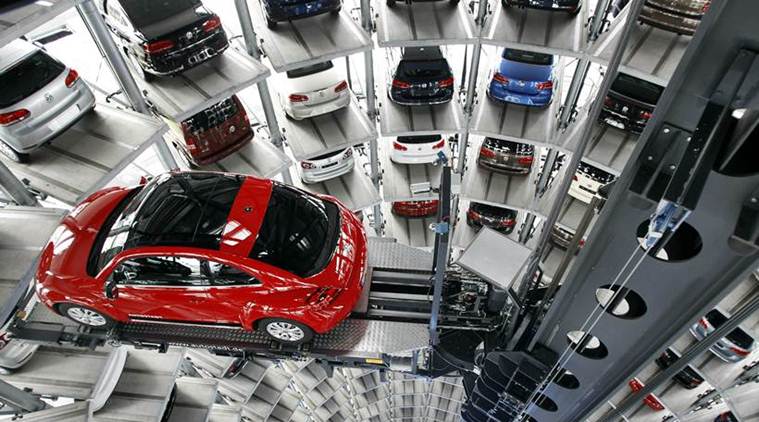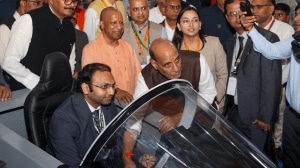Govt may be staring at Rs 30,000 crore revenue loss if GST on auto cut to 18 per cent
The auto industry has been demanding GST reliefs given the flagging sales. Auto sales across segments fell 20 per cent y-o-y in August, the sharpest monthly decline in nearly two decades.
 This takes into account gains from the push to sales volumes once taxes are cut.
This takes into account gains from the push to sales volumes once taxes are cut.
Amid heightened expectations that the Goods and Services Tax (GST) Council will cut tax rates for a host of categories of automobiles as it meets in Goa on September 20, what concerns revenue authorities at the central and state level is the potential revenue loss.
If the industry’s demand for an across-the-board rate cut from the highest GST slab of 28 per cent to 18 per cent is to be met, the government’s GST revenue could take a hit of at least Rs 30,000 crore, according to the internal estimates of the tax department.
This takes into account gains from the push to sales volumes once taxes are cut.
A Kotak Institutional Equities report had earlier estimated that a 10 per cent GST cut on automobiles across the board could cost the government Rs 45,000 crore in a year. While automobiles, including two-wheelers, attract 28 per cent GST, they also are subjected to cesses that vary from 1-22 per cent depending on the make of the vehicle.
While the Council’s fitment committee is gauging the implications of the rate cuts, several state governments are likely to oppose the move at the upcoming Council meeting, a tax official with one of the state governments said. At 18 per cent, GST will automatically mean a rate reduction of over ten percentage points as the GST Compensation Act does not allow cesses on products that are not placed on the highest slab. The compensation proceeds are vital for states that are by law guaranteed a 14 per cent year-on-year (y-o-y) rise in GST revenue till 2022.
The auto industry has been demanding GST reliefs given the flagging sales. Auto sales across segments fell 20 per cent y-o-y in August, the sharpest monthly decline in nearly two decades.
“There is expectation of volumes going up which might help overcome the revenue loss. Further, the rate reductions could be restricted to certain categories/products,” MS Mani, partner at Deloitte India, said.
But not everyone is convinced that a tax cut would be enough to boost sales. Some also question the desirability of the move at a big cost to the exchequer. “At this juncture, reducing the tax rates in the automobile sector would marginally push a temporary demand for vehicles, but the overall impact of such a move would be a catastrophe for the public exchequer in long-term perspective,” Rajat Mohan, senior partner at AMRG & Associates, said. —FE



- 01
- 02
- 03
- 04
- 05




























